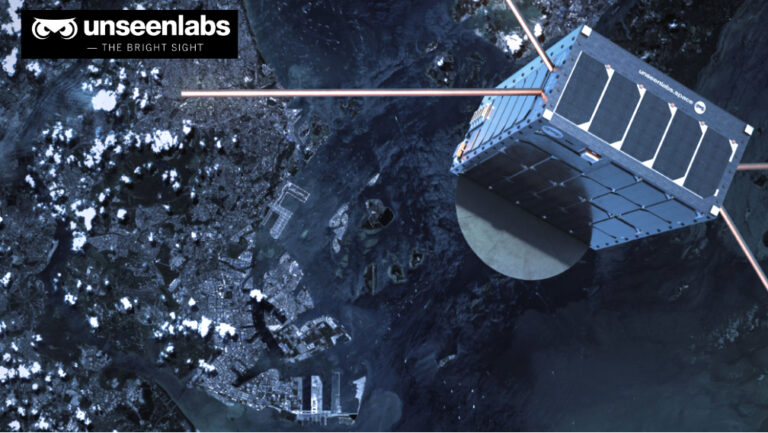Leading the round, which consists of a combination of financing and equity, were the French investors Supernova Invest, ISALT, and UNEXO. All of Unseenlabs’ previous investors, including the public bank Bpifrance and the French venture capital firms 360 Capital, OMNES, Breizh Up, and S2G Ventures, also participated.
A constellation of satellites developed by Unseenlabs is capable of identifying and tracking covert vessels traveling across oceans.
A group of regional and national banks provided the firm with debt, which makes up between 25 and 30 percent of the funding round. Since the startup’s founding in 2015, it has received €120 million in total capital.
What operates Unseenlabs?
Ships can easily go “dark” by disabling the Automatic Identification System (AIS), which they normally use to broadcast their position to other ships. This is usually done to evade discovery during criminal operations like piracy, drug trafficking, and unauthorised fishing.
With the help of a constellation of 11 satellites, Unseenlabs claims to be able to monitor these ships anywhere in the world by intercepting the radio frequency signals they send, even when they have disabled AIS and other systems that allow them to share their whereabouts.
“There are many things that emit a signal on a ship, we’ve created a pool of those emitters that we follow. Our satellites are like large antennas in space that can detect these signals.”
“After they are detected, ships are given an “electro-magnetic signature”, meaning it is also possible to track their movements.”
Clément Galic, Cofounder and CEO, Unseenlabs
Unseenlabs provides this data to customers that are interested in keeping an eye on the arrivals and departures of ships in specific locations; these customers are primarily government agencies who keep tabs on illicit maritime activities.
According to Galic, the device tracked a ship that tore a portion of the coral reef while it went through a lagoon in Southeast Asia. It also saw a fleet of 250 ships engaging in illicit fishing in the Indian economic zone.
The company says it is collaborating with federal institutions in Canada and Japan, and it has a contract with the French navy, though it does not name the individual organizations.
According to Galic, private actors are also becoming more interested in the technology, which may allow for closer monitoring of high-risk areas like offshore oil rigs and underwater cables.
A “round of acceleration”
Unseenlabs has been profitable for the past two years, according to Galic, who has won contracts with partners all around the world. “We are very comfortable; the company’s finances are not in danger,” he claims. “This was more of an acceleration round for the fundraiser.”
The business claims that this new round of funding will enable it to launch ten more satellites by 2025, increasing technical precision.
According to Galic, the company will also accelerate its commercial efforts to grow its clientele in the upcoming year, especially in North America and Asia. The company’s creator anticipates a major expansion in the size of its commercial teams, and in the next four months, the company’s workforce of seventy will double.
“We’ve shown that this is a good market with money to take, and this fundraise will enable us to stay ahead of competitors,” says Galic.
The company’s primary rival, US-based HawkEye 360, has funded $359 million to date and operates a constellation of 23 satellites. HawkEye 360 offers a comparable space-based radio frequency mapping system.
